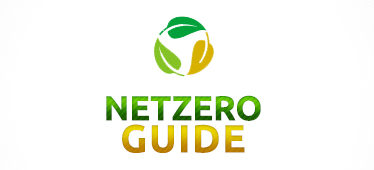Pros and Cons
Harnessing solar energy is one of the most viable solutions to bring down your monthly electricity bills. It is free, and does not produce any pollution which is also a big step in helping reduce the greenhouse effect. Once you have installed the solar panels for your home, you don’t have to worry about monthly recurring bills because there won’t be any! In this article, we have compiled a list of advantages and disadvantages of installing solar panels in your home.
Advantages and Disadvantages
The advantages of solar energy outweigh the disadvantages because of the countless benefits: they can save you money, they’re environmentally friendly, can be both run independently and/or semi-
After your bank balance has recovered from the cost of solar panels, you can get free energy from the sun. It may have a slow recovery time from your initial investment but it depends on how much electricity your household uses.
Some U.S. states offer financial incentives to reduce the solar panel cost. There are also utility companies who will buy energy from you if your solar panel system produces more energy than your household can use.
Sustainability
Like many things, there are advantages and disadvantages of solar energy. Unlike gas, oil and coal, the use of solar power is clean, renewable and sustainable. It does not emit any carbon dioxide, sulfur dioxide, nitrogen oxide or mercury into the environment like other traditional forms of electrical energy, thus reducing the emission of harmful greenhouse gases.
The sun is a renewable and sustainable resource, so it can provide you with as much energy as you need. It can be installed in remote areas that are inaccessible from power grids. All you need are solar roof panels, and you can enjoy an inexhaustible power supply.
Advantages and Disadvantages of Solar Cooking
There are a lot of advantages and disadvantages of solar cooking, but one of its evident advantages is protecting the depleting resources that are used when cooking. Cooking requires fuel, either gas or firewood, in order to cook the food, however, these resources will eventually run out.
In Madagascar alone, a family requires an average of 100 kg of firewood to cook their food. This is already equivalent to 1/6 of the average monthly income of the family. But with the introduction of solar cooking and cheap solar panels in the community, the population became less dependent on wood and charcoals. The only disadvantage of solar cooking is that it cannot be used to prepare breakfast and meals in the evening.
Pros and Cons of Solar Panels
Once you have installed the solar panels for your home, you can enjoy an unlimited supply of safe, clean and renewable energy. You don’t have to worry about high monthly electrical bills because the solar power is free with nearly zero maintenance costs. It does not produce noise because solar panels have no moving parts.
Most people dismiss the idea of using solar power in their homes because of the high cost of solar panels. However, there are cheap solar panels available that offer the same quality at an affordable price. They can last from 20 to 30 years which makes them a practical alternative from high electrical costs.
